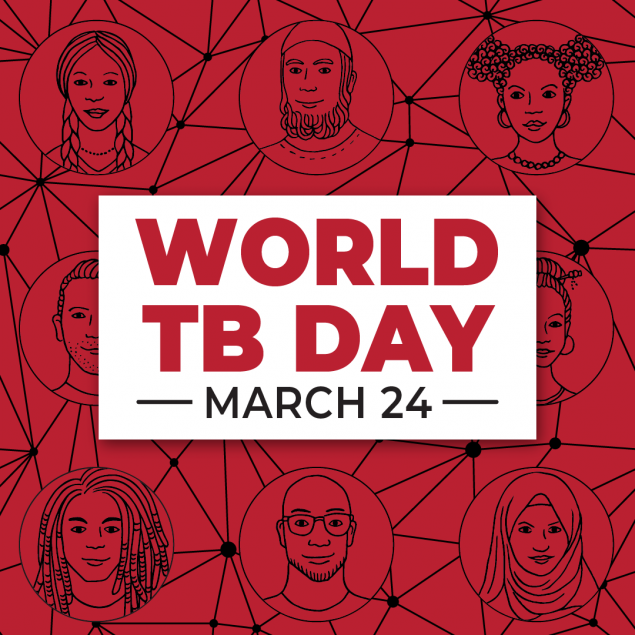World TB Day- Building International Research Capacities in High-Burden Settings

As the global health community comes together to recognize World TB Day, CRDF Global would like to honor the millions of lives lost and impacted by tuberculosis annually. This year is especially grave, due to the devastating impact of COVID-19 on the fight against TB. The Stop TB Partnership reported that nine countries representing 60% of the global TB burden — Bangladesh, India, Indonesia, Myanmar, Pakistan, Philippines, South Africa, Tajikistan, and Ukraine — had a significant decline in diagnosis and treatment of TB infections in 2020. Redirected funds, services, and healthcare workers have put stress on already burdened healthcare systems, resulted in a 12- year setback in TB diagnosis and treatment efforts.
At the individual level, this is a matter of life and death. In India and South Africa, people coinfected with TB and COVID-19 were found to have three times higher mortality than people infected with TB alone. TB also continues to be a major global driver of antimicrobial resistance, making it increasingly difficult to treat with powerful anti-TB drugs.
Research Partnership with the National Institutes of HealthThere is still much work to be done, and CRDF Global is committed to the journey ahead. Since 2012, CRDF Global has partnered with NIH’s National Institute of Allergy and Infectious Diseases in support of RePORT International, a bilateral global network of researchers working to build and enhance biomedical and clinical collaborative TB research. RePORT consists of six regional cohorts in countries with high TB burden— India, South Africa, Brazil, China, Philippines, and Indonesia. Each site implements a standard protocol for data and specimen collection to build local biorepositories and associated research. Data and findings are shared across cohort networks, with the goal of leading to advancements in vaccine trials, treatment, and diagnostics.
RePORT has led to significant studies and findings on TB-HIV co-infection, the impact of diabetes on TB severity, cellular immunity, disease outcome, treatment responsiveness, biomarkers for TB diagnosis in children, and more. RePORT also encourages engagement of early-stage investigators, opening pathways for innovative ideas and mentorship by experienced researchers.
“One of the successes of RePORT is the building of research capacity in the high TB burden countries, which includes development of research infrastructure and many cadres of personnel devoted to TB research. Overall TB research has gained the much-needed focus bringing in integration across disciplines, specialties, fields, institutions and countries,” said Dr. Sonali Sarkar, a researcher involved with RePORT India.
COVID 19 has presented many new challenges to eradicating TB, but CRDF Global is proud to be among those striving to put an end to this disease.



